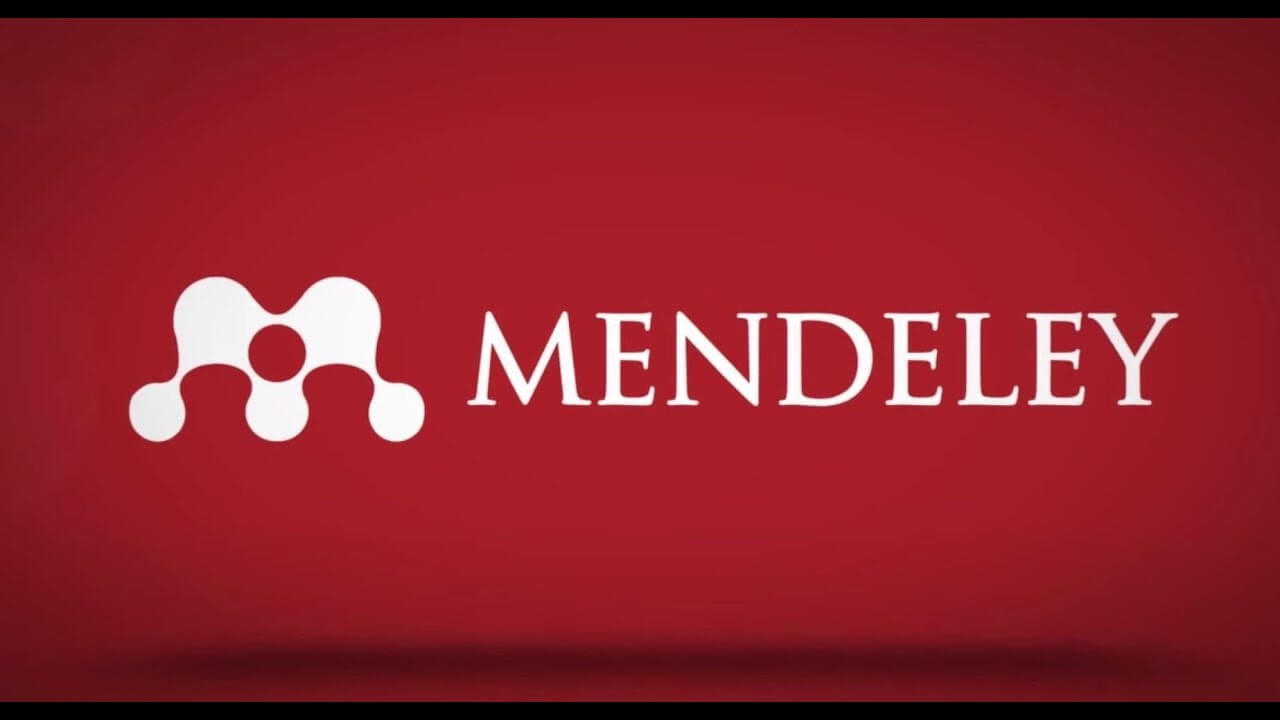Enhancing Readiness of Islamic Education Teachers in Implementing Scientific Learning and Authentic Assessment
Abstract
This study examines the acceptance and readiness of PAI (Islamic Education) teachers towards the implementation of Curriculum 2013. The objective is to assess their acceptance of the curriculum, readiness to implement the scientific approach and authentic assessment, and their paradigm shift in education. Surveys were conducted to collect data, which was analyzed using mean scores. The findings reveal that PAI teachers in primary schools and Islamic schools have a positive attitude towards Curriculum 2013 and are ready to implement it. They also demonstrate an understanding of the scientific approach and authentic assessment. The results indicate the dedication and adaptability of PAI teachers in meeting the changing demands of education. Their paradigm shift aligns with the goals of Curriculum 2013, highlighting their commitment to delivering high-quality Islamic education. These findings have important implications for educational stakeholders in supporting and empowering PAI teachers, emphasizing the need for continuous professional development. Overall, the study showcases the positive disposition and preparedness of PAI teachers in embracing the changes brought by Curriculum 2013, ensuring effective teaching and learning experiences for students.
References
Auliya, W. K. (2022). INTEGRASI PENDEKATAN SAINTIFIK MELALUI MODEL KECAKAPAN ABAD 21 PADA PEMBELAJARAN PENDIDIKAN AGAMA ISLAM. In AT-TA’DIB: JURNAL ILMIAH PRODI PENDIDIKAN AGAMA ISLAM (pp. 48–60). Sekolah Tinggi Agama Islam Negeri Teungku Dirundeng Meulaboh. https://doi.org/10.47498/tadib.v14i1.906
Aziz, S. (2019). Are Madrassa and Mainstream school educational practice and teacher-pupil relationship mutually exclusive? British Muslims discuss the influence of education institutions on their emerging identities. Education and Self Development, 14(3), 80–92. https://doi.org/10.26907/esd14.3.08
Berry, S. (2019). Teaching to connect: Community-building strategies for the virtual classroom. Online Learning Journal, 23(1), 164–183. https://doi.org/10.24059/olj.v23i1.1425
Decapua, A. (2008). Grammar for Teachers. In Grammar for Teachers: A Guide to American English for Native and Non-Native Speakers. https://doi.org/10.1007/978-0-387-76332-3
Desmila, & Yaswinda. (2022). Penguatan Pendidikan Karakter melalui Dukungan Orangtua. In PAUD Lectura: Jurnal Pendidikan Anak Usia Dini (Vol. 5, Issue 2, pp. 14–23). Universitas Lancang Kuning. https://doi.org/10.31849/paud-lectura.v5i02.8491
Fauth, F., & González-Martínez, J. (2021). On the Concept of Learning Transfer for Continuous and Online Training: A Literature Review. In Education Sciences (Vol. 11, Issue 3, p. 133). MDPI AG. https://doi.org/10.3390/educsci11030133
Khalili, S., Kallioniemi, A., Bagheri Noaparast, K., Nasir, M., Rijal, M. K., Miskiah, M., Suryono, Y., Sudrajat, A., Groeninck, M., Lafrarchi, N., Ucan, A. D., Saada, N., Suyadi, García, J. R., Alabdulhadi, M., Rahmat, M., Taufik, M., Mail, A. H. A. b. H., Kolb, J., … Mustakim, Z. (2019). Islamic religious education at the heart of the secular problem-space in Belgium. British Journal of Religious Education, 41(1), 53–65. https://doi.org/10.15575/jpi.v8i1.19037
Mufatakhah, L., Rejekiningsih, T., & Triyanto. (2019). Improving student’s social solidarity value awareness through learning community-based mentoring. International Journal of Engineering and Advanced Technology, 8(5), 373–378. https://doi.org/10.35940/ijeat.E1053.0585C19
Munardji, Kholis, N., & Mufidah, N. (2020). Community multicultural integration pattern in environment-based learning. International Journal of Instruction, 13(1), 101–124. https://doi.org/10.29333/iji.2020.1317a
Rahmat, R. (2019). Model Pembelajaran Pendidikan Agama Islam Berlandaskan Multikultural (Telaah Implikasi Model Cooperative Learning di Perguruan Tinggi). In Andragogi : Jurnal Ilmiah Pendidikan Agama Islam (Vol. 1, Issue 2, p. 68). Universitas Islam Malang. https://doi.org/10.33474/ja.v1i2.5290
Sahu, K. C., Das, A., Chary, T. P., & Mudhiraj, N. S. (2018). An empirical exploration of the success dynamics of online tourism aggregators in India. Journal of Social Sciences Research, 4(12), 769–776. https://doi.org/10.32861/jssr.412.769.776
Saputri, R. A., Muchtarom, & Triyanto, W. (2019). Reinforcing civics literacy in sustaining students’ learning in the industrial era 4.0. Universal Journal of Educational Research, 7(9 A), 36–43. https://doi.org/10.13189/ujer.2019.071605
Tambak, S., & Sukenti, D. (2020). Strengthening Islamic behavior and Islamic psychosocial in developing professional Madrasah teachers. Cakrawala Pendidikan, 39(1), 65–78. https://doi.org/10.21831/cp.v39i1.26001
Copyright (c) 2023 International Journal of Graduate of Islamic Education

This work is licensed under a Creative Commons Attribution-ShareAlike 4.0 International License.


















